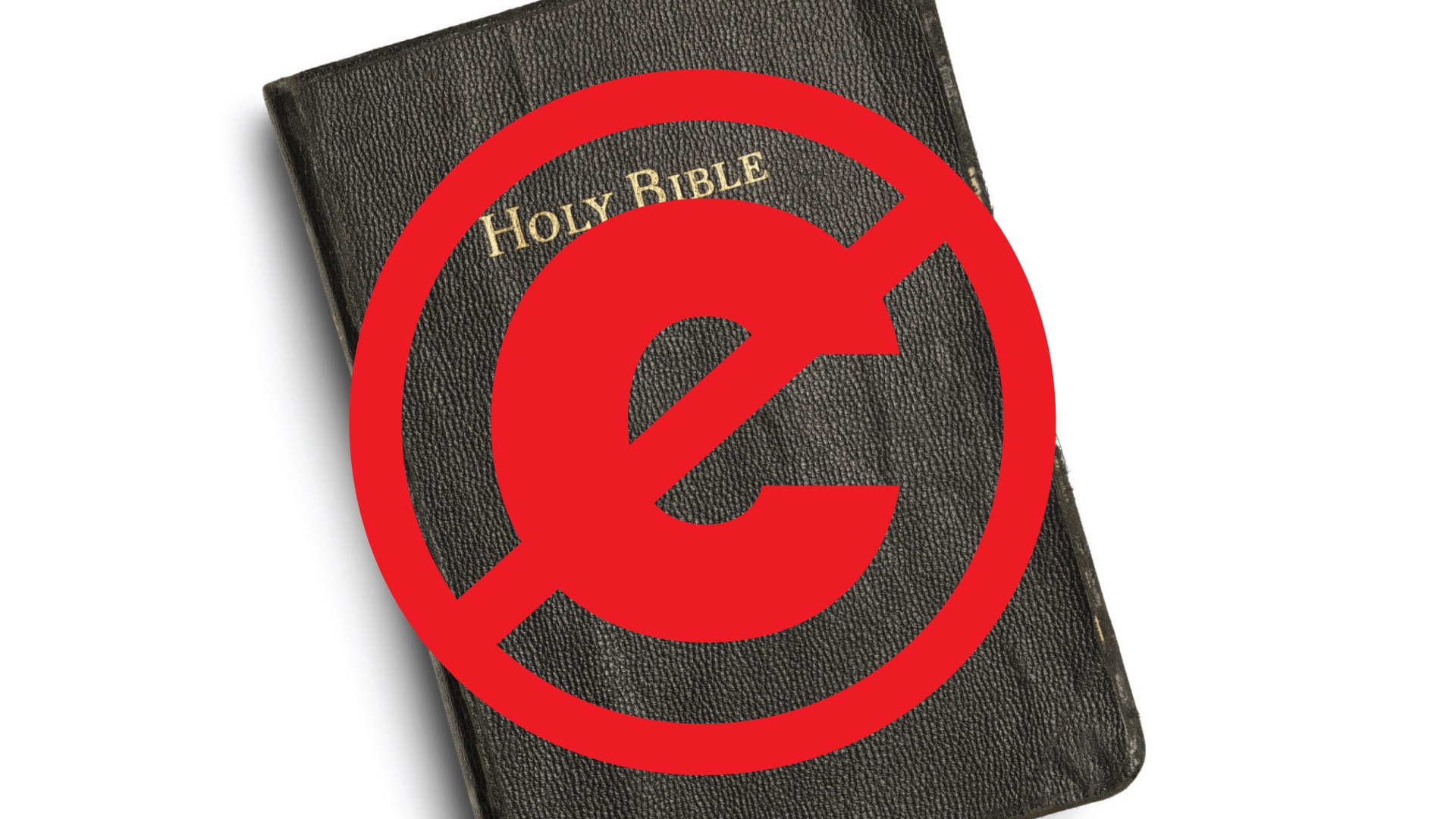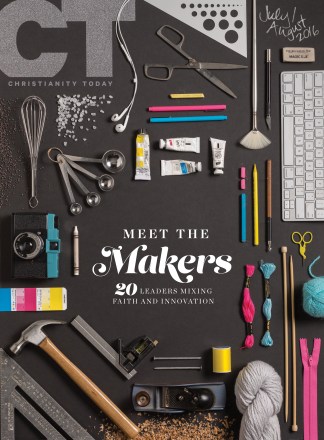In the late 1800s, a team of British and American translators updated the King James Version (KJV). The resulting Revised Version was originally copyrighted just in England, and within years, unauthorized translations with slight changes cropped up in the United States.
In 1901, that Bible—the Revised Version, Standard American Edition (now known as the American Standard Version)—was copyrighted and printed by Thomas Nelson & Sons. It was the first Bible translation to be copyrighted in the United States.
Now, it is also the version that Wycliffe Associates (WA) is using to “lock open” a copyright-free version of the Bible for global translation.
“The bulk of the church around the world cannot access the resources they need to legally translate for themselves,” explained Tim Jore, WA’s director of translation services. “Copyright law worldwide reserves the right of translation for the owner of the content. This means the global church is in a dilemma unless each one of them is given a custom contract from the owner of the Bible translation they want to use.”
In order for local churches in minority languages to translate from a major-language Bible, they have to first get permission from and perhaps pay the publisher that copyrighted the version they want to use. This spring, the Evangelical Christian Publishers Association shut down an Australian website that was offering more than 50 free Bible translations.
“Copyright issues are one of the greatest remaining challenges we have,” said Greg Pruett, president of Pioneer Bible Translators (PBT). Many of the minority languages are related to nearby major languages, which leads to questions of whether minority translations are derivatives of someone else’s intellectual property.
“In a number of ways, copyright issues limit our ability to distribute remaining translations,” he said.
WA’s solution is called “open sourcing” or “open licensing.” WA translators have created an updated English version of the American Standard Version, whose copyright expired in 1957. The translators are collaborating with Christians worldwide to translate it into 50 gateway languages. These versions are free for anyone anywhere to use, as long as they attribute the original source, and as long as they release translations they make from it under the same license.
“It sounds like it’s new, but it’s actually the oldest, most established approach to Bible translation distribution through the history of the church,” Jore said. “What’s new is the concept of restricting access to the Bible using copyright. For the first 19 centuries of the Bible’s existence, restrictions were never applied to it.”
Blaine Smith, associate publisher of Bibles at Tyndale House Publishers, disagrees with Jore’s assessment. (Tyndale holds the copyright for the New Living Translation and the Living Bible.) Christians have been protecting the gospel since it was codified, he said. “The official translations of the Roman Catholic Church were protected by the imprimatur. The [KJV] was protected by the King of England himself.”
The headaches of open sourcing range from irritating to heresy, Smith said. The KJV, for example, is copyrighted only in England. In the United States, it has been updated hundreds of times under the same name, so one person’s KJV might not match another’s.
Worse, a small change can lead to a doctrinal divide, Smith said. After all, Luther’s reinterpretation of “do penance” as “repentance” helped to ignite a reformation. And the KJV translation used by Jehovah’s Witnesses mutes Jesus’ divinity.
Copyrighting the Bible isn’t about staking claim to the words God has written, said Carl Moeller, CEO of Biblica. Moeller’s group holds 85 copyrights for Bible translations around the world—including the New International Version. “It’s to ensure that the Word of God is transmitted faithfully over time and over distant lands.”
Imagine if Coke was sold by dozens of different companies that used different labels and slightly different recipes, Smith said. Open sourcing is like that. “No one’s minding the store.”
WA sees it differently: it says everyone is minding the store.
Any time a technology is created that enables more people to publish, average quality initially drops, Jore said. When Guttenberg invented the printing press, the ease of printing meant large amounts of new content, much of it of poor quality. But eventually, the “cream rises to the top,” he said.
The worst-case scenario has already played out, he said. After Luther changed “do penance” to “repentance,” a Catholic scholar switched it back.
“Luther’s translation is still with us today,” Jore said. “The other translation was discarded centuries ago.”
To cling to copyright as a way to preserve biblical integrity is a red herring, he said. The real issue is identity. As long as readers know where a translation originates, they can judge whether it’s trustworthy.
But choosing a Bible isn’t like choosing between a Honda and a Toyota, Moeller said. “It shouldn’t be seen like, ‘Do I trust this publisher or this text?’ Those kinds of things are very dangerous. People don’t know who to trust. They look to the Word of God to be the authority. . . . I don’t feel comfortable exposing cultures to translations that one day will sort themselves out.”
Next to protection, the biggest reason for copyright is finances.
The Bible says that a worker should be paid his wages (1 Tim. 5:18), and Bible translation projects can take multiple years and cost millions. But those wages don’t have to come from sales or fees, Jore said. WA uses alternatives like donations or business partnerships to finance its translation work.
That model doesn’t work for everyone, Pruett said. Groups that rely on donations can afford to be less restrictive with their content, but those that rely on revenue have to be “more locked-down.”
“It’s not that they’re trying to enrich themselves with Scripture,” he said. “If they gave it away, they’d cease to exist, and there would be no more Scriptures developed and distributed in the languages they’re working in.”
Besides protection and revenue, copyrights give organizations ownership, which PBT uses to give away content. “You can’t give away what you don’t own,” Pruett said.
Tyndale uses copyright profits to support Bible translation work in languages that could never afford a translation from a commercial standpoint. “There is a tremendous amount of good that comes out of Bible revenues from ministry-minded publishing houses,” Smith said. “But we have to have a profit side to help fund our not-for-profit side.”
In the midst of the debate, others are feeling out a third way.
Creative Commons licensing allows a publisher to walk a middle ground, with three “switches you can throw whichever way you want,” Pruett said. Organizations or individuals can allow others to use their work, choosing one of three conditions: that any use is attributed, that it isn’t used for commercial gain, or that it isn’t used for a derivative project.
“Everybody is charting this course the best they know how,” he said. “It’s good that somebody is experimenting with each of these.”










